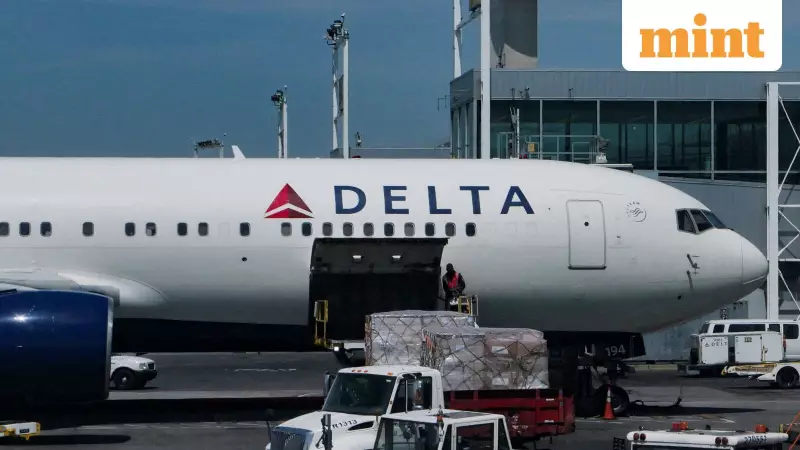
Get ready for significant changes in your travel plans as the Federal Aviation Administration (FAA) drops a bombshell announcement that will reshape air travel across the United States. In a move that's set to create waves in the aviation industry, the regulatory body has confirmed substantial flight reductions at the nation's most critical travel hubs.
What's Happening Exactly?
The FAA has officially declared its intention to reduce flight operations by approximately 10% across America's 40 busiest airports. This isn't just a minor adjustment—it's a substantial cut that will affect millions of travelers and reshape airline operations nationwide.
Why This Drastic Measure?
While the official statement cites air traffic control optimization and safety enhancements as primary reasons, industry experts suggest multiple factors are at play:
- Addressing chronic air traffic controller shortages
- Modernizing aging aviation infrastructure
- Reducing congestion during peak travel seasons
- Improving overall flight efficiency and on-time performance
Which Airports Face the Axe?
The complete list includes major international gateways and regional hubs that form the backbone of American air travel. Among the most significant airports affected are:
- Hartsfield-Jackson Atlanta International Airport (ATL) - The world's busiest airport
- Los Angeles International Airport (LAX) - Major West Coast gateway
- Chicago O'Hare International Airport (ORD) - Critical Midwest hub
- Dallas/Fort Worth International Airport (DFW) - American Airlines fortress hub
- Denver International Airport (DEN) - Fast-growing mountain region hub
What This Means for Travelers
Prepare for changes in your travel experience:
- Fewer flight options on popular routes, especially during peak hours
- Potential increase in ticket prices due to reduced capacity
- Possible schedule changes for existing bookings
- Longer connection times as airlines adjust their operations
The Bigger Picture
This decision represents one of the most significant interventions in US aviation scheduling in recent years. While it may cause short-term inconvenience, the FAA maintains that these measures are essential for long-term sustainability and safety of the national airspace system.
The aviation industry is bracing for impact as airlines scramble to adjust their schedules and communicate changes to passengers. Travel experts recommend booking flights well in advance and maintaining flexibility in your travel plans during the transition period.





